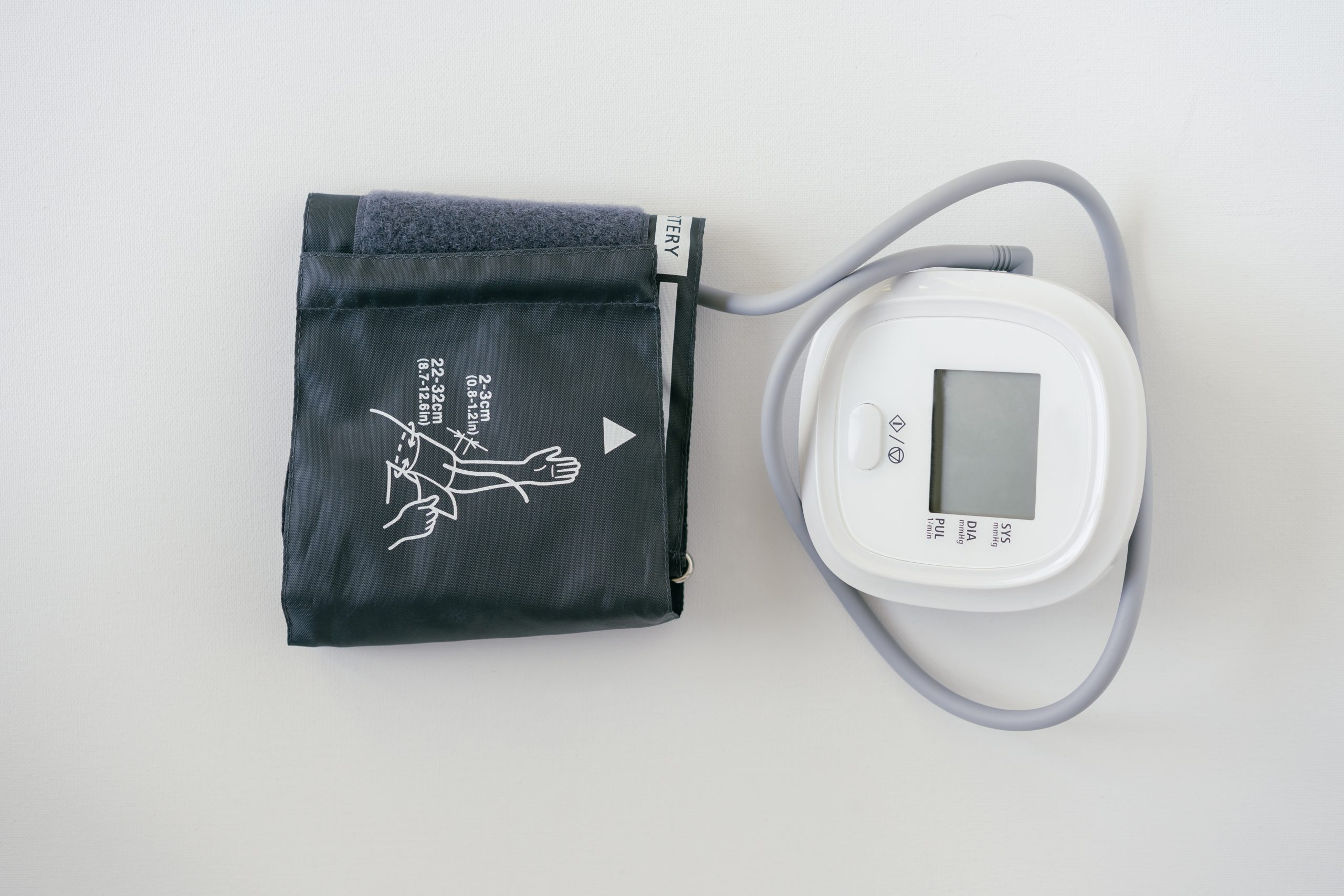Category: Remote-Patient Monitoring
-
Remote Patient Monitoring for Post-Operative Care
Remote patient monitoring (RPM) is a form of healthcare delivery that enables healthcare providers to monitor their patients outside the traditional healthcare setting. RPM is a rapidly growing technology that has proven to be an effective method for managing postoperative care. It offers an innovative and cost-effective approach to improving patient outcomes, reducing hospital readmissions,…
-
Remote Patient Monitoring in Gastroenterology: Improving Care for Patients with Digestive Diseases
Remote patient monitoring (RPM) is a rapidly evolving field in healthcare that involves the use of digital technology to collect and transmit patient data from remote locations to healthcare providers. RPM has the potential to transform the way healthcare is delivered, particularly for patients with chronic diseases such as those with digestive diseases. Gastroenterology is…
-
Remote Patient Monitoring (RPM) in Wound Care: Opportunities and Evidence
Remote patient monitoring (RPM) is an innovative healthcare delivery system that utilizes technology to monitor patient health status remotely. The use of RPM in wound care has proven to be beneficial for both patients and healthcare providers. RPM in wound care is a way to provide ongoing assessment and management of wounds while enabling patients…
-
Remote Patient Monitoring (RPM) in Parkinson’s Disease
Remote patient monitoring (RPM) is a rapidly advancing technology in healthcare that enables medical professionals to monitor patients’ conditions remotely, collecting valuable health data using various digital tools. Parkinson’s disease (PD) is a chronic and progressive neurological condition that affects over ten million people globally. RPM has emerged as a promising tool to monitor and…
-
Remote Patient Monitoring (RPM) in Neurology: Improving Outcomes and Quality of Life
Remote patient monitoring (RPM) is a technology-driven approach that has revolutionized healthcare in recent years. It allows healthcare providers to monitor patients remotely and collect valuable health data using various digital tools. In the field of neurology, RPM has emerged as an effective way to track neurological conditions and improve patient outcomes. Here, we will…
-
Remote Patient Monitoring for Congestive Heart Failure
Congestive heart failure (CHF) is a condition in which the heart is unable to pump blood effectively, leading to a buildup of fluid in the body. This can cause symptoms such as shortness of breath, fatigue, and swelling in the legs and ankles. While CHF can be managed with medication, lifestyle changes, and close monitoring,…
-
Remote Patient Monitoring for Diabetes Care: Improving Outcomes through Technology
Diabetes is a chronic condition that affects millions of people worldwide and requires ongoing monitoring and management to prevent serious complications. With advancements in technology, remote patient monitoring (RPM) has emerged as a promising tool for improving diabetes care and management. RPM involves the use of wearable devices, mobile health apps, and telemedicine to collect,…
-

Patient Perspectives with RPM
Patient Experiences with Remote Patient Monitoring The typical patient journey is marked by disparate clinical visits wherein a snapshot of a patient’s condition is used by care teams to develop and manage a care plan. Patients receive, on average, 21.6 minutes of care per visit which is likely inadequate to offer robust, whole-person care. Depending…
-

The Agency for Healthcare Research and Quality Telehealth and RPM Review
The AHRQ Telehealth Evidence Map: An Analysis By: Robert Longyear Back in 2016, the Agency for Healthcare Research and Quality (AHRQ) commissioned a review of the clinical evidence for telehealth’s benefits. Remote patient monitoring was a significant part of the review as it has been studied extensively as a subset of telehealth. While reading the…
-

The Growth of RPM Claims Volume 2019 – 2020
RPM Overview By: Robert Longyear Remote patient monitoring (RPM), or remote-physiological monitoring, is a model of care that involves the collection and transmission of clinical data from patients to a healthcare provider. RPM is a topic of significant interest due to its clinical effectiveness and potential to generate savings. The model of care enables a…